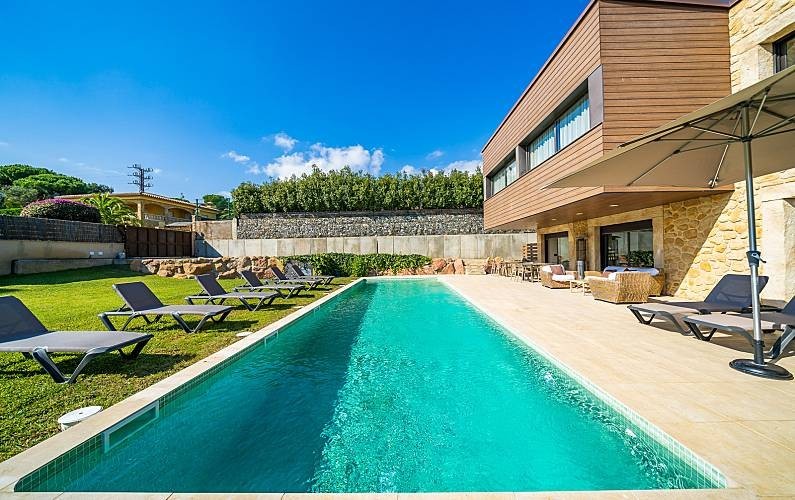
Madrid and Andalusia are the autonomous regions that account for 53% of the holiday rental scams in Spain, according to data from the Ministry of the Interior. The Official College and Association of Real Estate Agencies and Agents of Madrid (COAPIMADRID - AIM) has developed a series of essential tips to prevent consumers from falling into fraudulent scams and traps, whether for holiday rentals or in any real estate transaction, such as buying and selling or renting.
According to statistics from the Statistical Crime System (SEC), compiled from information provided by the National Police, the Civil Guard, regional police forces and local police forces, 1,550 cases of holiday rental scams were recorded in Spain in 2022.
Madrid (241 cases) and Andalusia (581 cases) accounted for 53% of these incidents. Even including holiday rental scams abroad (74 cases), Madrid and Andalusia remain predominant, accounting for 50.61% of the total of 1,624 cases.
What types of scams are there? The most common fraudulent practices are Internet listings by fake landlords renting flats, property rental listings that ask for false solvency studies, and offering property for sale from non-existent developments and with access to the mortgage market or various financial solutions. This whole scenario shows how a great opportunity was lost in Spanish Law 12/2023 on the Right to Housing to regulate real estate activity, leaving out the professionals involved in operations, which is generating a lack of guarantees and legal insecurity that harms consumers and users in the real estate market, as the Madrid-based organisation condemns.
Tips to avoid holiday rental scams
With the start of the summer holiday season, real estate agents in Madrid recommend that consumers follow a series of essential guidelines to avoid falling prey to scams both for holiday rentals and any real estate purchase or rental transaction. Here are some of these guidelines:
- Beware of messages containing suspicious links. You cannot completely rely on finding listings on well-known online platforms, as criminals use these platforms to introduce false claims. It is important to learn how to spot fake profiles and avoid clicking on links in emails that seem untrustworthy.
- Always use secure websites or platforms for communications and payments. Be cautious when providing internet access data, passwords or SMS codes. WhatsApp conversations are not suitable for establishing a contractual relationship. Be wary if a cash advance is requested immediately.
- Check the identity of the person you are dealing with and be suspicious if the host uses an urgent tone. Before handing over any documentation, financial or personal data, you must check the identity and professional credentials of the person you are dealing with. You should carefully read through the host's profile and any reviews from past guests before choosing the accommodation.
- Be wary of offers that seem too good to be true. Be wary of offers that combine excessively low prices with attractive pictures or descriptions of the accommodation. If an owner makes many changes during the booking process (such as offering different payment methods, sending contact addresses that do not match the listing, or offering a different listing that was not originally published), they could be a criminal.
- Sometimes false claims involve offering access to financial or mortgage guarantees.
- Go to a reputable and accredited real estate professional. There are 46 Official Associations of Real Estate Agents in Spain and in several autonomous regions, there are public registers where you can find specialised professionals.